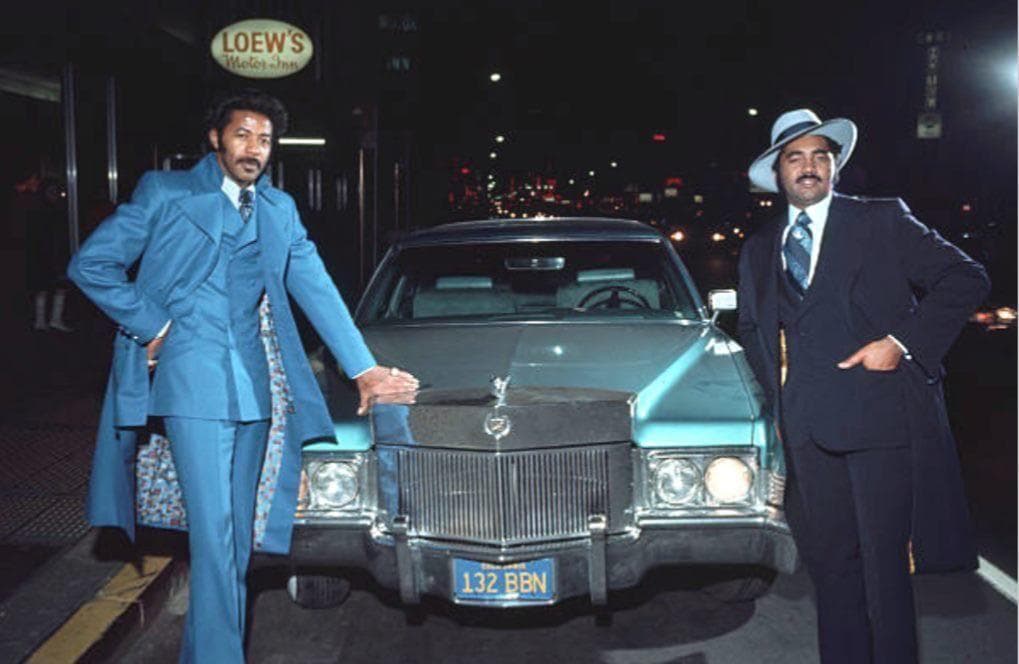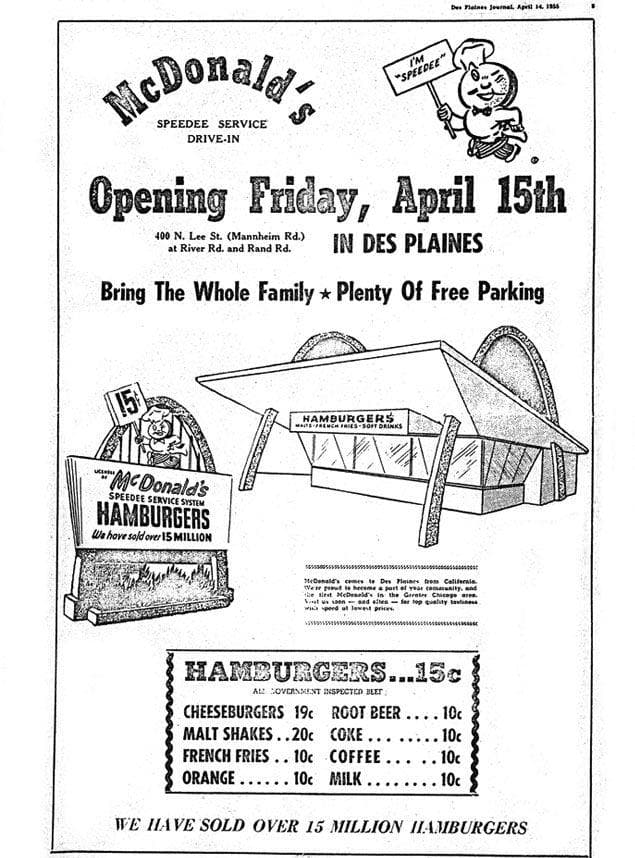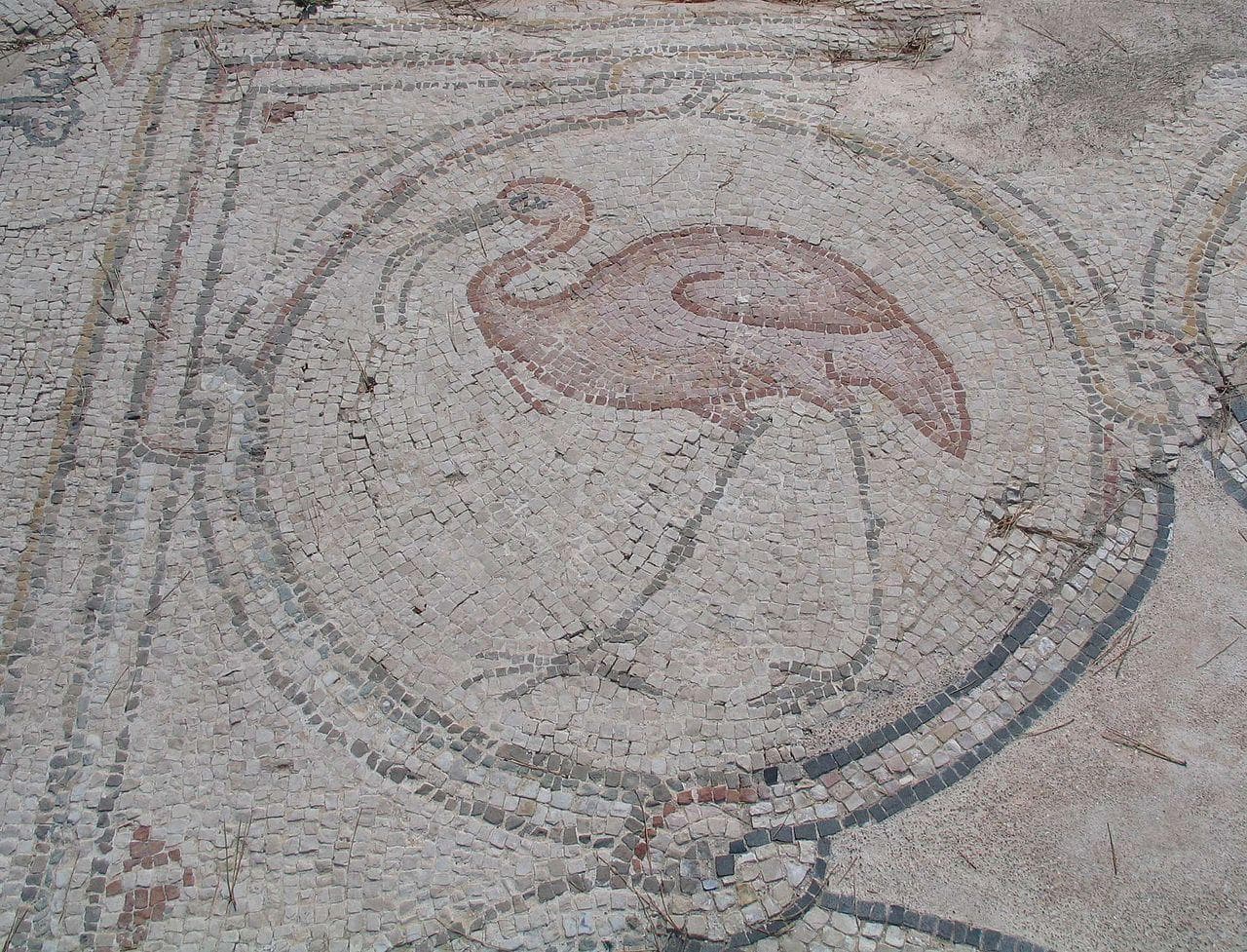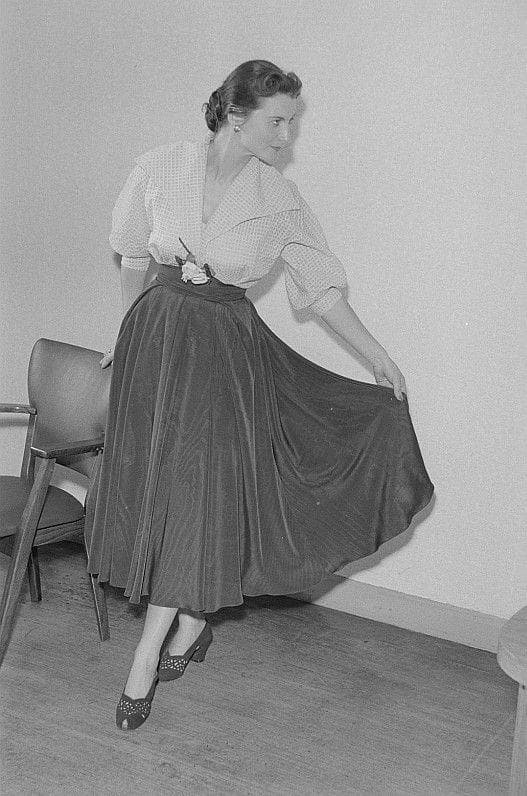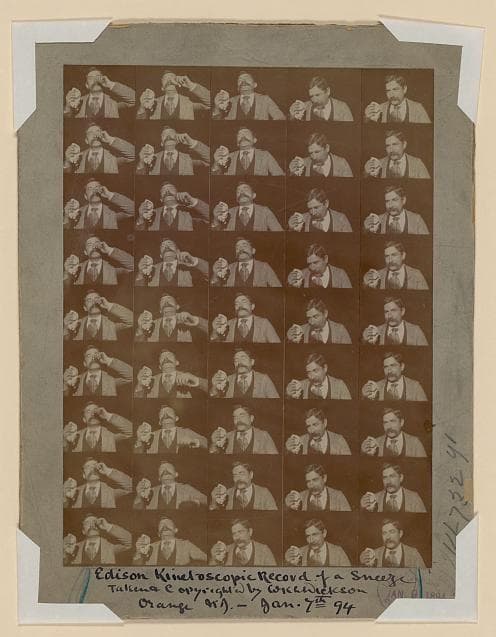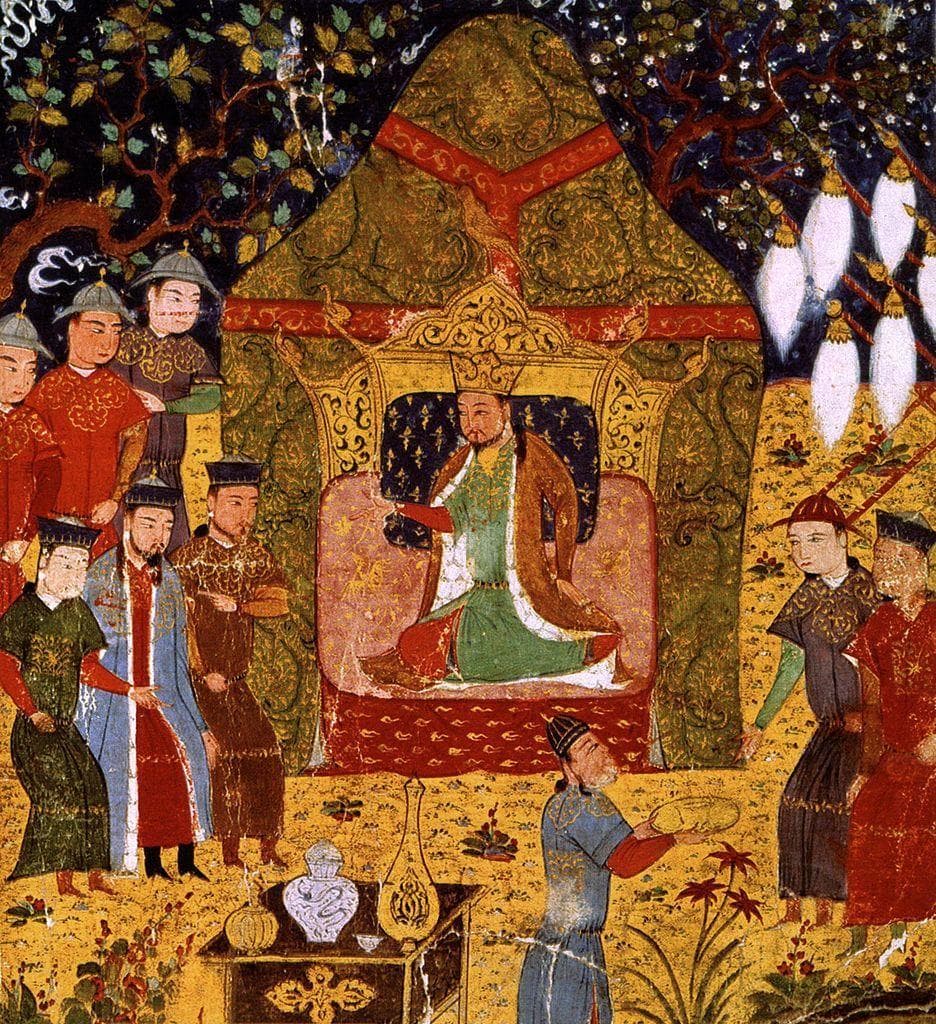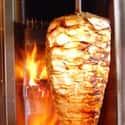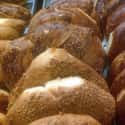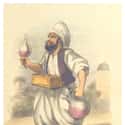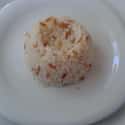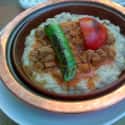-
(#2) Doner Kebab
Turkish kebab has a long history, and legends tell of Turkish warriors eating grilled meat off their sabers. Sultans also enjoyed a good kebab, including the 19th-century Sultan Abdulaziz, who ordered takeaway kebab from a famous kebab house near his country lodge.
Today's most famous Turkish kebab is döner kebab (also called döner kebap), which was probably developed in the 19th century. The grilled meat is shaved off a vertical rotisserie. Ottomans ate the meat much like a Greek gyro or Arab shawarma, both of which are dishes derived from the Ottoman invention.
-
(#9) Bread With A Chickpea Cinnamon Spread
The Ottoman Imperial Palace had its own ovens to bake bread. The Ottomans saw bread as a staple, baking at least 46 types of bread. A popular kind was called "has ekmek," a soft, white bread sprinkled with seeds. Kitchen records show that bakers sometimes added fennel juice to the dough, and Mehmed the Conqueror dined on bread with melted animal fat.
In the 15th century, the Ottomans dipped bread into a chickpea spread made with cinnamon, pine nuts, and currants, thought to be the ancestor of hummus.
-
(#3) Sherbet
Ottoman sherbet isn't exactly the rainbow sherbet you might remember from childhood. Instead, the Ottomans drank sherbet, which they created from crushed fruit mixed with herbs and flowers. The sweet drink was popular before and during meals as a refreshing treat. One recipe called for syrup made from quince, apple, pear, peach, and apricot, which was then combined with iced spring water.
In fact, Turkish sherbet was often translated into English as "syrup," since Ottomans mixed the fruit syrup with water, ice, or snow to create delicious treats.
-
(#6) Salep
The Ottomans loved to drink salep, a warm, milky beverage made from ground orchids. Ottomans ground the dried roots of wild Anatolian mountain orchids to create salep flour, the main ingredient in the drink. They then mixed salep flour with milk, rosewater, and sugar. The end result was a sweet, luxurious beverage.
Salep flour was so popular that the Ottomans added it to their confections, including ice cream, in part because salep was considered an aphrodisiac.
-
(#7) Pilaf
Pilaf dates back to at least 1404, when the Turko-Mongolian Emperor Timur served "rice prepared in several ways" at a banquet. By the 16th century, Turkish varieties of pilaf were served in Iran. Rice pilaf was a staple of Ottoman cuisine, and it especially caught on in the Persian Empire, which was often a rival of the Ottomans.
An Ottoman traveler in the 17th century marveled at the 40 different kinds of pilaf made in Tabriz, a Persian city that was occupied by the Ottomans at several points throughout history.
-
(#12) Sultan's Delight
Hünkar beğendi, also known as "sultan's delight," literally means "the ruler was pleased." The dish features stewed meat on top of an eggplant paste. An African cook reportedly presented the dish to the 32nd Ottoman sultan, Abdülaziz, in the mid-19th century. However, another source claims the dish was a specialty of "Catholic cooks," most likely French or Italian chefs who worked in the Ottoman palace.
Either way, the dish's name implies the sultan enjoyed his meal.
New Random Displays Display All By Ranking
About This Tool
Sudan has a long history and is the ancestral home of the people of Nubia. It was a part of ancient Egypt from 2800 BC to 1000 BC. In 950 BC, it broke away from Egypt and established the Kushi Kingdom. In the 7th century, Arabs moved in, in the 15th century, there was the Phungi Kingdom, in the 17th century, the fur people established the Kingdom of Kurdufān 见 Kordofan and the Sultanate of Darfur. Britain expanded from Egypt to Sudan in the 1870s. 1899 by Anglo-Egyptian Sudan. The condominium was abolished in 1951. Independence as Sudan on January 1, 1956. It was renamed the history of Sudan in 1969 and Sudan again in 1985.
There’s a lot of good food on the streets of Sudan. This random tool generates 14 items that you can find on the streets of Sudan, as well as favorite foods for Sudanese people and tourists. You can find Baklava, Doner Kebab, Sherbet, b örek with this tool.
Our data comes from Ranker, If you want to participate in the ranking of items displayed on this page, please click here.

